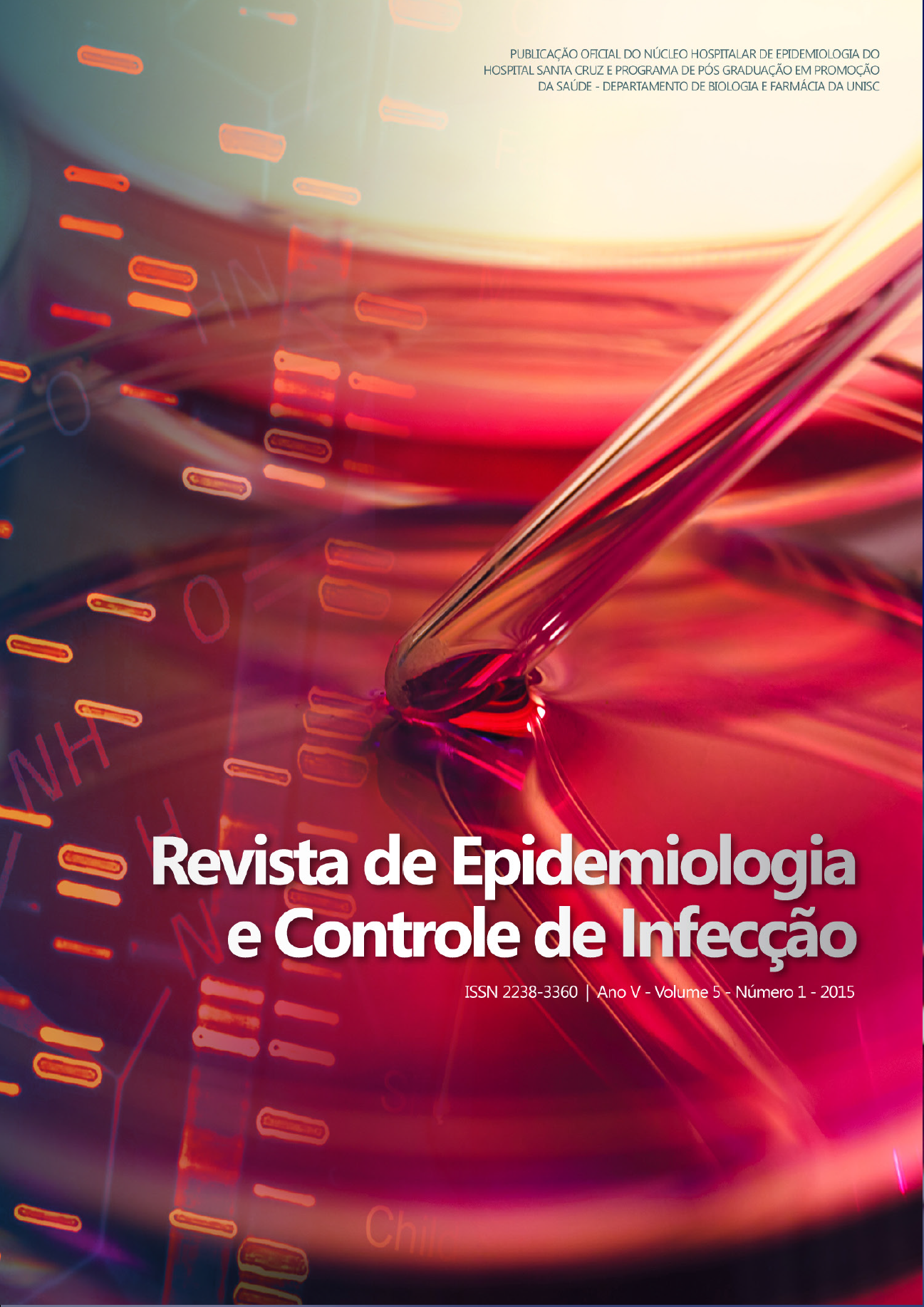Teamwork in the family healthcare strategy.
DOI:
https://doi.org/10.17058/reci.v5i1.5314Abstract
Backgound and Objectives: The healthcare evaluation aims to improve the capacity to provide adequate assistance and better healthcare to the population. Through an evaluation process, one can rethink the practices that are being offered and subsidize managers for adequacy of services. The aim of this study is to evaluate teamwork, from the perspective of professionals who work in the family health strategy. Method: a descriptive cross-sectional study was performed. The population comprised healthcare professionals working with the family health strategy in the municipalities of the state of Espirito Santo with more than 50,000 inhabitants. Data collection was performed through a semi-structured questionnaire between July 2012 and August 2013. Results: there was a positive evaluation of the professionals regarding teamwork, with most considering the professional relationship always or most of the time good and respectful; the relationships were rarely considered to be confrontational; the organization of the activities was performed jointly, with rare occurrence of difficulties regarding domestic work and the community; the work was always or most of the time based on pre-established routines, as well as the capacity to review routines and procedures and the encouragement for community participation. Conclusion: One can observe the challenge and responsibility of healthcare professionals in acknowledging teamwork and its relevance to changes in the practices of care and management of the Brazilian Unified Health System. KEYWORDS: Health Evaluation; Primary Health care; Family Health; Working Environment.Downloads
Downloads
Published
How to Cite
Issue
Section
License
The author must state that the paper is original (has not been published previously), not infringing any copyright or other ownership right involving third parties. Once the paper is submitted, the Journal reserves the right to make normative changes, such as spelling and grammar, in order to maintain the language standard, but respecting the author’s style. The published papers become ownership of RECI, considering that all the opinions expressed by the authors are their responsibility. Because we are an open access journal, we allow free use of articles in educational and scientific applications provided the source is cited under the Creative Commons CC-BY license.


